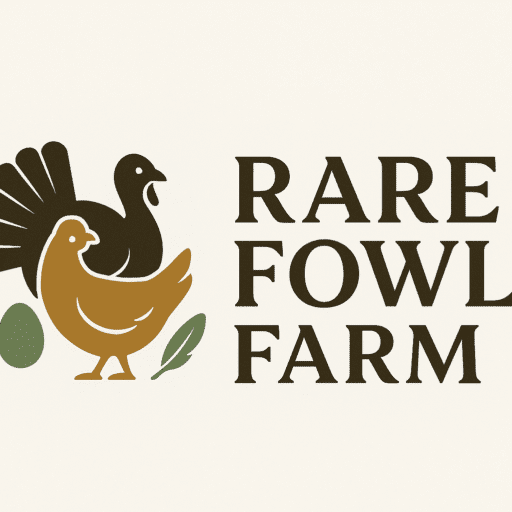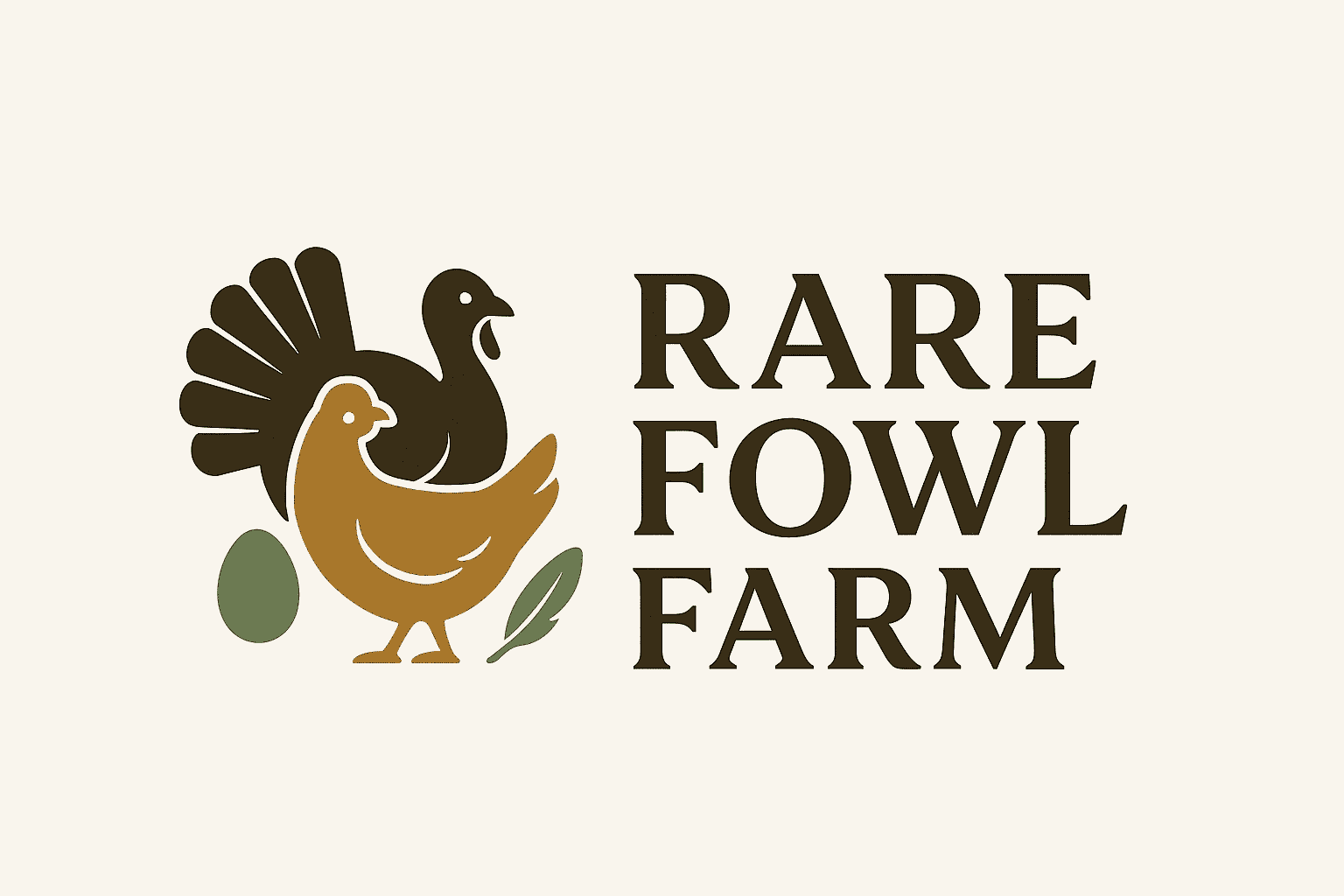- Description
- Additional information
- Reviews (0)
Description
Understanding the Dark Hatch Game Fowl
Raising game fowl is a fascinating hobby for many enthusiasts worldwide. Among the many breeds, the Dark Hatch Game Fowl stands out for its unique characteristics and vibrant history. This article will delve into the essentials of caring for and breeding these extraordinary birds.

Game Fowl Care
Proper care is crucial for maintaining the health and vitality of Dark Hatch Game Fowl. Here are a few key aspects to consider:
Housing
Game fowl require a secure and spacious environment. A sturdy coop with ample space for movement is essential. The coop should be well-ventilated and protected from predators. Additionally, ensuring a clean and dry environment will help prevent diseases.
Diet
A balanced diet is vital for game fowl health. Provide a mix of grains, protein, and fresh greens. Supplements like vitamins and minerals can support their growth and overall well-being. Fresh, clean water should always be available.
Health Monitoring
Regular health checks are important. Look out for signs of illness like lethargy, loss of appetite, or unusual behavior. Vaccinations and deworming should be part of their health regimen. Consulting with a vet familiar with game fowl can be beneficial.
Breeding Dark Hatch Game Fowl

Selection
Choose healthy and strong birds for breeding. Look for traits such as vigor, good feather condition, and desirable physical attributes. A well-planned selection improves the quality of offspring.
Mating
Introduce selected pairs in a controlled environment. It’s essential to monitor their behavior to ensure compatibility. Successful mating often depends on the temperament and readiness of the birds.
Incubation
Once eggs are laid, they require careful incubation. Whether using a broody hen or an incubator, maintaining the right temperature and humidity is crucial for successful hatching.
Raising Chicks
Newly hatched chicks need warmth and protection. A brooder with controlled temperature and a clean environment is ideal. Provide starter feed specially formulated for chicks to ensure they get the necessary nutrients.
Conclusion
Understanding the Dark Hatch Game Fowl involves learning about their care and breeding. With the right environment, diet, and attention, these birds can thrive and bring joy to their keepers. Whether you are a seasoned breeder or a beginner, these fascinating fowls offer a rewarding experience.
Have any tips or stories about raising Dark Hatch Game Fowl? Share them in the comments below!
Additional information
| Select | pairs, stags, trio, pullet |
|---|---|
| Gender | Male, Female |















Reviews
There are no reviews yet.